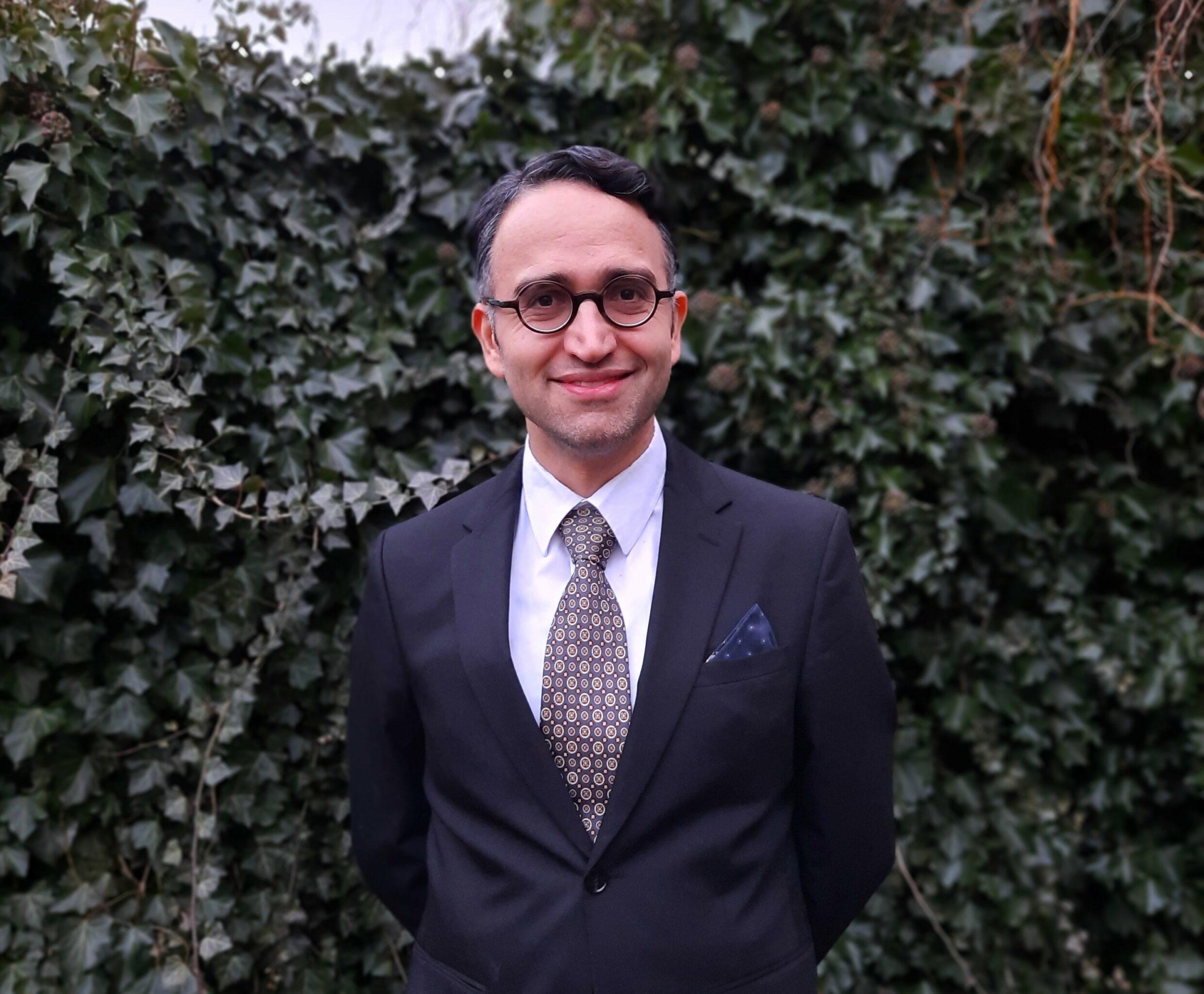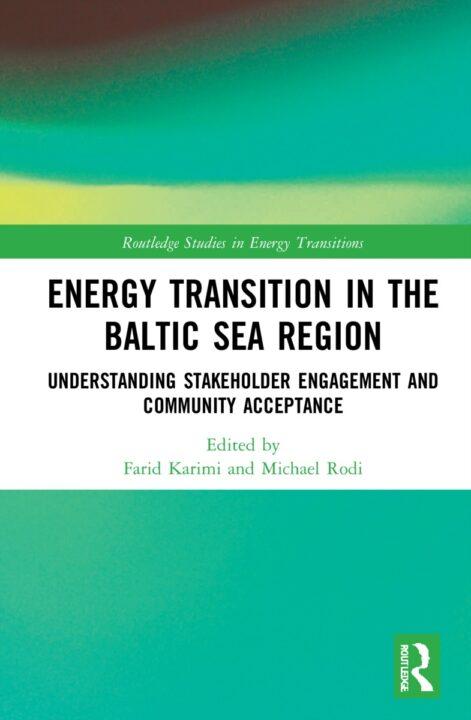Farid Karimi

Pipeline politics in the time of war: Nord stream projects and the convergence of energy security dilemmas in the Baltic Sea Region
The Russian invasion of Ukraine changed the geopolitical situation in Europe and led to a grand shift in the EU’s energy policy. The EU appeared to be caught by surprise by Russia’s energy blackmail and its instrumental use of gas infrastructure since the outbreak of war. This is despite the fact that the development of Nord Stream 2 following the annexation of Ukrainian territories by Russia in 2014 meant to circumvent Ukraine as a transit state and make it more vulnerable to Russian influences. The development of Nord Stream 1 and 2 projects divided the EU and the Baltic Sea Region (BSR) and highlighted different priorities of the national energy policies. If the typical energy trilemma revolves around security of supply, equity, and sustainability, then the post-Soviet countries, such as Poland and the Baltic states, emphasised the security of supply and called for greater solidarity within the bloc while strongly opposing the construction of both Nord Stream pipelines. In contrast, the energy policy of Germany and, to some extent, Nordic countries was driven more by economic and sustainability dimensions, while they either supported the Nord Stream projects or remained neutral to them. In the aftermath of the war in Ukraine, the regional views on energy security and particularly on the security of supply are converging. However, what are the energy policy implications of this process? What lessons can be drawn from the Nord Stream 2 fiasco?
This research investigates the public discourses on the Nord Stream projects in three countries on the Baltic Sea coast: Germany, Latvia, and Finland. The ex-post analysis of the changing approaches to the project reveals the complexity of competing interests and agendas that now will struggle to realign – with all the policy effects on the domestic and regional energy transition agenda.
Biography
Dr Farid Karimi is a senior lecturer at the Department of Social Sciences and Philosophy at the University of Jyväskylä, Finland. His main research interests are in the social sciences, with a particular focus on issues related to the energy transition, energy security and energy politics.
Farid has several years of international work experience in various interdisciplinary fields, both in and outside academia. He has worked at Novia University of Applied Sciences, Aalto University and the University of Helsinki in Finland, the University of Greifswald in Germany and as a visiting fellow at the International Institute for Applied Systems Analysis in Austria, among others. He holds a PhD in Social Sciences from the University of Helsinki and an MSc. in Energy and Society from the Delft University of Technology in the Netherlands. During his PhD studies, he visited the University of Essex, UK and the University of Texas, USA.
Publications
Climate Change and Offshore Wind Energy in the Baltic Sea

